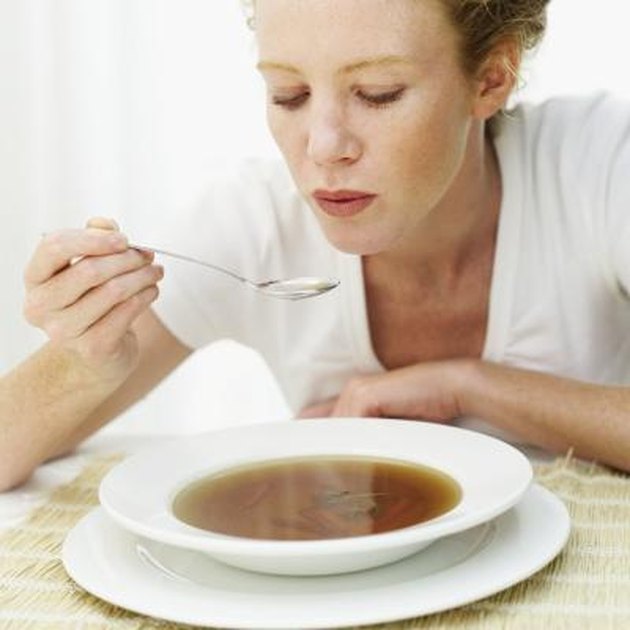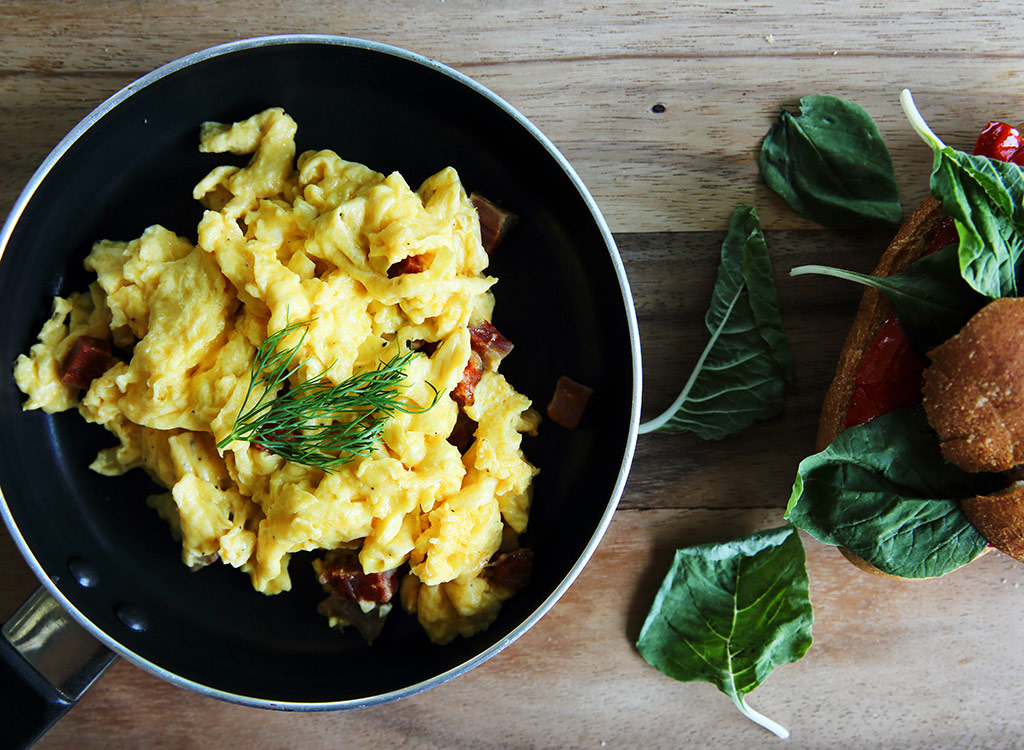
As with UPPPtransient symptoms of mild nasopharyngeal reflux or dysphagia may occur immediately postoperatively. One case following aggressive UPPP is known to have occurred and was resolved with partial suture release. Postoperativelyvelopharyngeal insufficiency (VPI) has been rare. Close observation for development of oronasal fistula allows for early intervention and use of palatal splint. A soft diet for 2 weeks decreases tension with swallow and gag. Due to the change in palatal shape with advancementdentures likely need to be refitmodifiedor replaced. To avoid compressions of the palatal flapdentures are avoided for 4–6 weeks.

Perioperative steroids are given to reduce painpostoperative nauseaand edema for 1–3 days. These can be placed through the transpalatal drill holes and into the soft palate in the office and can be replaced as needed.īroad-spectrum perioperative antibiotics are used for 3–7 days. Temporary sutures placed in the office using only local anesthesia may hold for several days and will relieve tension on the wound and speed closure. Splints may be easily fashioned (dentistdental labother) and worn with minimal impairment until healing has been achieved. Attempts at secondary closure without a splint do not succeed. If wound breakdown is notedan upper palatal splint to cover all or even part of the defect is used. The use of an upper denture is avoided for at least 4 weeksor until healing is completed. Tucker Woodson, in Sleep Apnea and Snoring, 2009 3 POSTOPERATIVE CARE AND COMPLICATIONSĪ soft diet is begun on the first day.

Highly seasoned foods, Tabasco, mustard or horseradish, and pepper.ī. Chocolate.įruit and vegetable juices, caffeine-free carbonated drinks, coffee, and tea.Ĭaffeinated beverages: coffee, tea, colas.īutter, cream, margarine, mayonnaise, oil. Rich pastries, any dessert containing dates, nuts, raisins, or coconut. Simple desserts, such as custard, junkets, gelatin desserts, plain ice cream and sherbets, simple cakes and cookies, allowed fruits, sugar, syrup, jelly, honey, plain hard candy, and molasses. Baked, boiled, mashed, creamed, escalloped or au gratin potatoes.Īll gas-forming vegetables (corn, radishes, Brussels sprouts, onions, broccoli, cabbage, parsnips, turnips, chili peppers, pinto beans, split peas, dried beans). Well ripened, easy to chew fruits, sweet potatoes. One citrus fruit daily, one vitamin A source daily. Highly seasoned soups.įruit and vegetable juices, well cooked or canned fruits and vegetables, any dried fruit.

All others that are not made with allowed vegetables. Bread or bread products with nuts or seeds. Broths or creamed soups made with allowed vegetables, strained tomatoes. Plain or toasted white or wheat blend or whole grain breads, soda crackers or saltines, flour tortillas.

Dry or cooked refined cereals, such as farina, cream of wheat, oatmeal, grits, whole wheat cereals. Meats with gristle, chunky peanut butter. Eggs, smooth peanut butter.Īll fried meats, fish, or fowl. Milk and milk drinks, milkshakes, cream cheese, cottage cheese, mild cheeses.īroiled, roasted, baked or stewed tender lean beef, mutton, lamb, veal, chicken, turkey, liver, ham, crisp bacon, white fish, tuna, salmon.


 0 kommentar(er)
0 kommentar(er)
